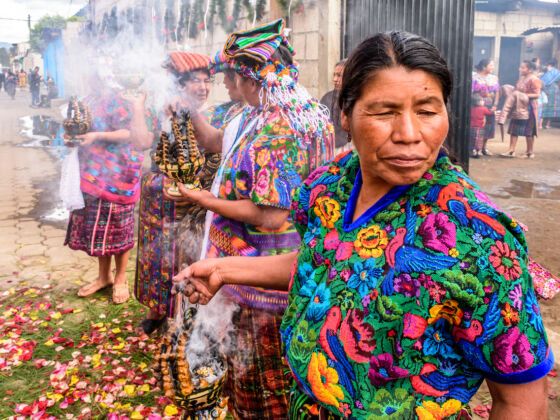“Man, I got broken into again.”
About a week prior, Eric — a new expat, part-time musician, and mescal distributor — was robbed: guitar, laptop, drum kit, and so on. The landlord had tightened security around the place, but Eric was moving anyway. He’d just done it a little too slowly.
He usually zooms by on his tiny motorcycle.
“Did they get your bike?”
